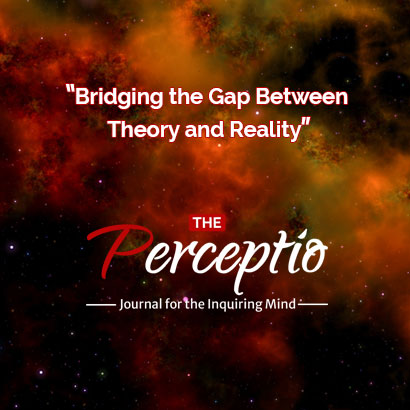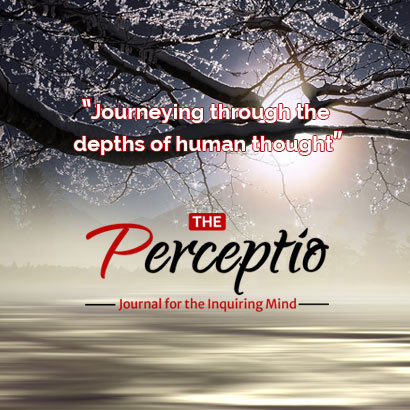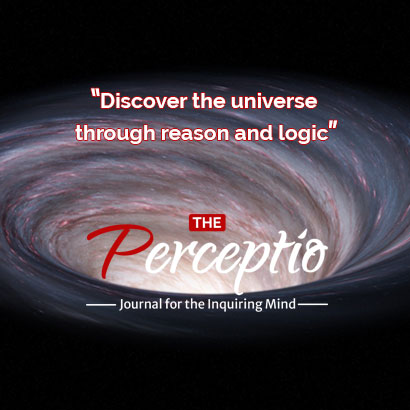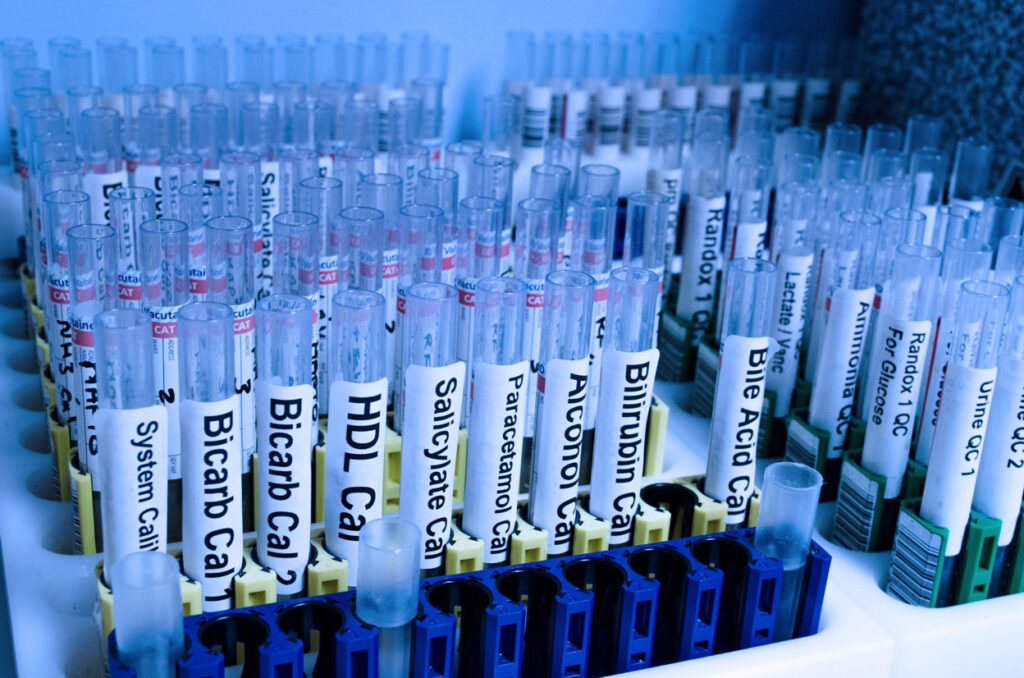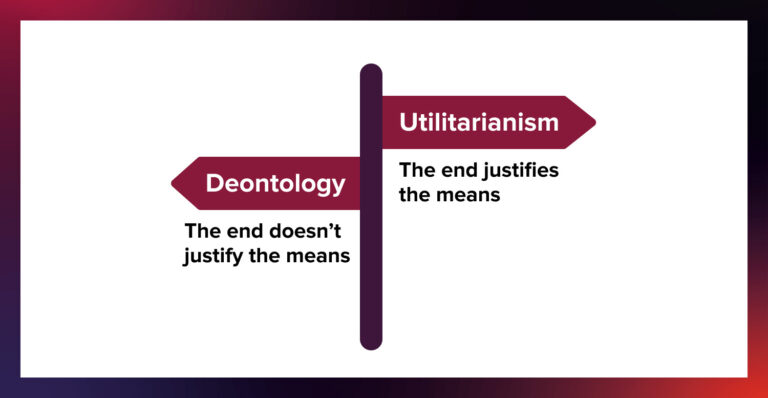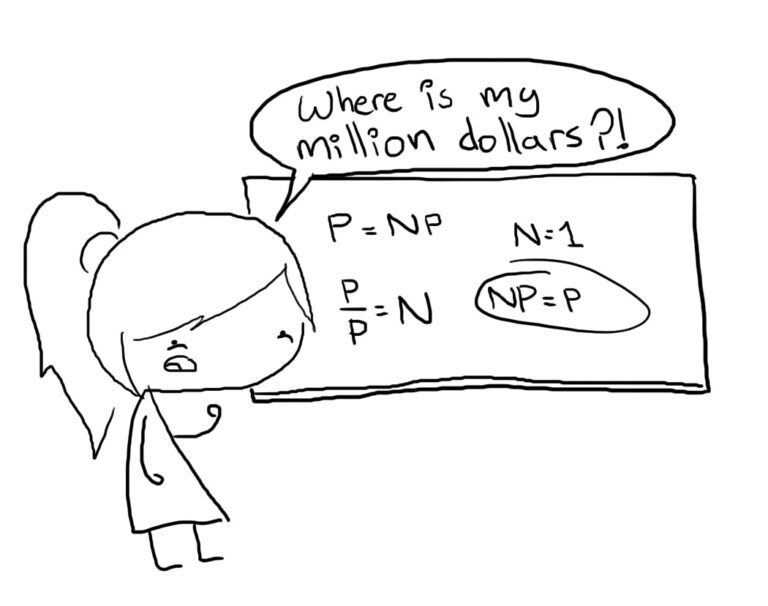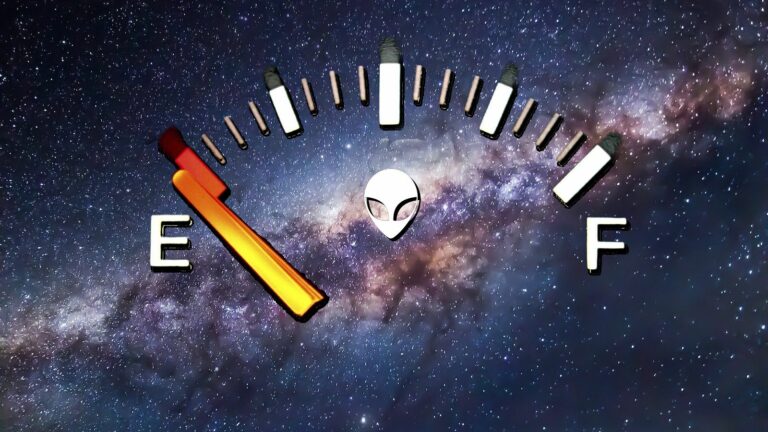Introduction to Drug Testing
Clinical trials are research studies that test a medical, surgical, or behavioral intervention in people. These trials are the primary way that researchers determine if a new form of treatment or prevention, such as a new drug, diet, or medical device (for example, a pacemaker), is safe and effective in people.
The term “Human Experimentation” still evokes, in many, the horrendous impression of the infamous experiments conducted on war prisoners during the second World War. Furthermore, this negative impression was circulated in the post-war period by some notable cases of unethical handling of human subjects in medical research—incidents involving prisoners, the poor, the mentally disabled, or ethnic minorities. So, that begs the question, in today’s day and age where scientific development is at its all time high, is drug testing on humans justified?
Endanger A Few To Save Millions?
Now, the immediate response for most of us would be negative to the given proposition. After all, we are talking of risking human lives for drug testing by private pharmaceutical companies. However, picture this:
A pharmaceutical company XYZ creates a drug that could potentially cure a disease ABC that has been plaguing humankind for centuries. However, before the drug is made commercially available, it has to pass some sort of safety test to receive an approval from the medical association. The most effective way of proving the security of a drug’s human use is to directly test it on a human being. Now, the trial would require a small, select group of people to undergo the treatment in controlled, as well as, uncontrolled surroundings. Now, is it ethical to put the lives of these people under danger?
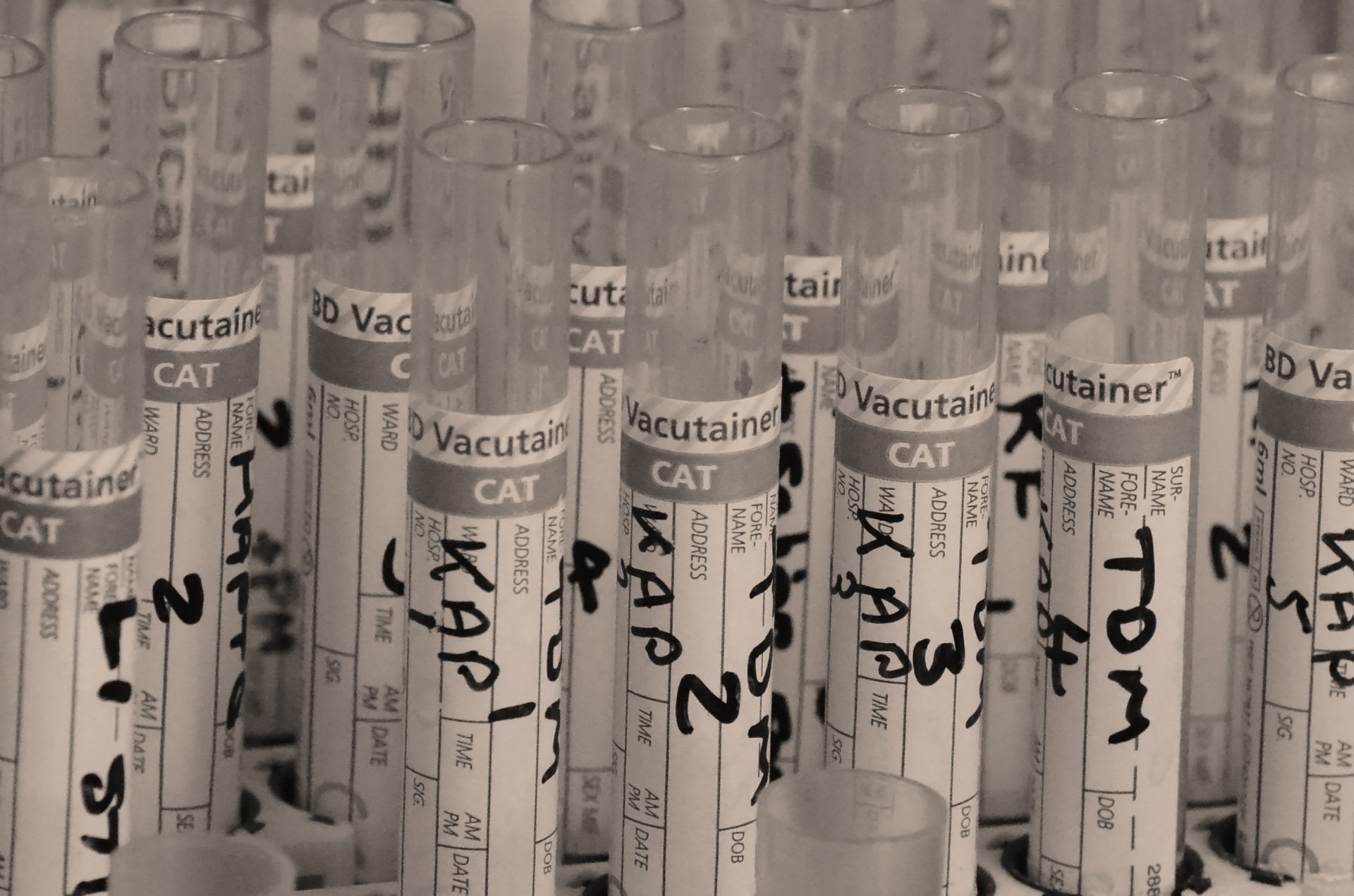
Well, to agree to this proposition is to neglect the endangerment of these innocent lives for a medical approval on a drug which is not absolutely certain to work. On the other hand, disagreeing to the proposition presents an interesting, yet deeply troubling question: Would you endanger the lives of a few to potentially save millions?
This adds an interesting spin to the topic, thus transforming it into a widely debated ethical dilemma of drug testing. While it is dreadful to put even a single life at stake, one also has to consider the other side of the argument. Indeed, a successful trial would benefit millions and future generations to come. Simultaneously, a failed trial would also save millions of consumers who would have otherwise succumbed to the disastrous side-effects of the drug.
Testing on animals, although atrocious, is also not a reliable measure for safety of the drug. Having different genetical and anatomical definitions, animals, however similar, are not apt replacements for observations of the effects of drug testing on human beings.
Do We Know Enough?
With regular advancements in genetics, it is not wrong to question whether the genetic component of a human being can be replicated in a laboratory, and the drug then be tested on the sample created. However, humans are complex creatures. Even today, medicinal science is not completely sure of each and every functionality of the human body, especially heavily complex organs such as the brain. Therefore, replication of genetic matter would only guarantee results based on the theoretical knowledge we have so far. Plus, we do not live in laboratories. The simulated conditions of a laboratory are absent in the real world, thus, rendering many of the observations null and void.
History of Drug Testing
The history of drug testing is a journey through scientific curiosity, ethical quandaries, and groundbreaking discoveries. Dating back to ancient civilizations, healers and herbalists experimented with various substances to decipher their medicinal properties. However, the formalized process we recognize today emerged in the mid-20th century. In the wake of World War II, when the world was haunted by the atrocities of human experimentation, ethical guidelines were established to protect test subjects.
The 1960s brought a surge in pharmaceutical advancements, leading to rigorous clinical trials and the birth of modern drug testing methodologies. Over the years, these tests have not only revolutionized medicine but have also sparked heated debates about the balance between scientific progress and the ethical implications of human trials. Today, drug testing stands at the intersection of cutting-edge science, ethical responsibility, and the relentless pursuit of safer, more effective treatments, embodying a constant quest for medical excellence and moral integrity.
Conclusion
It is, therefore, fair to say that human drug testing is a subject of debate and a devastating ethical dilemma. In my opinion, the drug should first be tested artificially, albeit not a hundred percent accurate, however; it would surely reduce the risks of the volunteers of such trials, since only laboratory certified drugs would be allowed to be tested on actual people. By adding an intermediate tests, we can ensure that the significant test can be conducted more safely by eliminating the obviously harmful drugs.
For more posts on Ethics, visit: Ethics Posts.
For more information on drug testing, refer to: “Drug and alcohol testing in the workplace” by National Library of Medicine.
